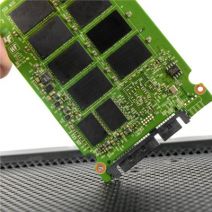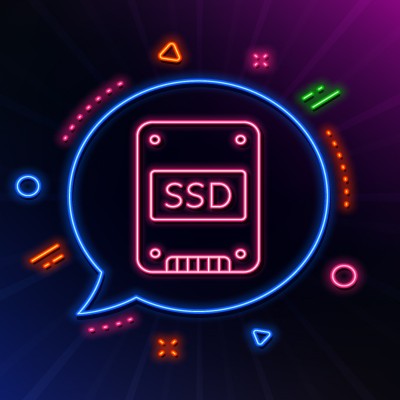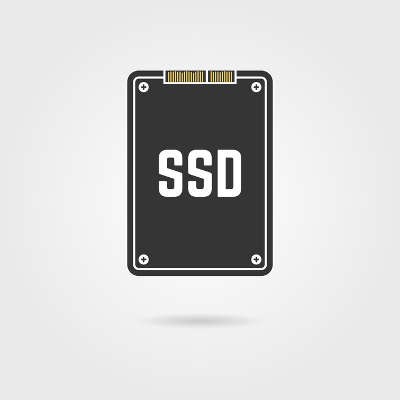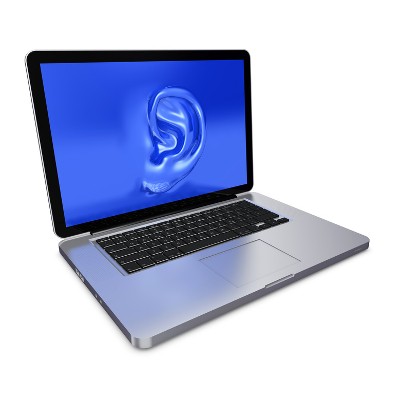Using a slow computer can be very frustrating; and, since there is a laundry list of things that can cause your computer to slow down, you may have a difficult time troubleshooting the problems. Slow computers can be filled with viruses or malware, they can have too many applications running in the background, or they could just be getting old. If your computer is relatively new and in healthy condition, but is starting to slow, one upgrade can make a big difference.
PCSOFT Blog
Data storage is a major part of running a business, but when it comes to doing so, you have several options. The usual suspect, the hard drive, is what’s most commonly found in both consumer and business environments for a number of reasons. The solid state drive in particular presents unique opportunities for your business that you shouldn’t dismiss.
As though computing systems apparently weren’t under enough threats, security researchers have discovered yet another potential vulnerability from a truly unexpected source. The sounds your hard drive makes can give a properly-equipped hacker everything they need to gather data from your machine, including any encryption keys you may have in place.
 Can you tell the difference between a hard disk drive (HDD) and a solid-state drive (SSD)? The average consumer probably wouldn’t be able to understand the intricacies of either, but the fact remains that the two different types of drives have various advantages and disadvantages over the other. Understanding them is an important part of being a technology owner, and you should know what to expect from both hard disk drives and solid state drives.
Can you tell the difference between a hard disk drive (HDD) and a solid-state drive (SSD)? The average consumer probably wouldn’t be able to understand the intricacies of either, but the fact remains that the two different types of drives have various advantages and disadvantages over the other. Understanding them is an important part of being a technology owner, and you should know what to expect from both hard disk drives and solid state drives.




